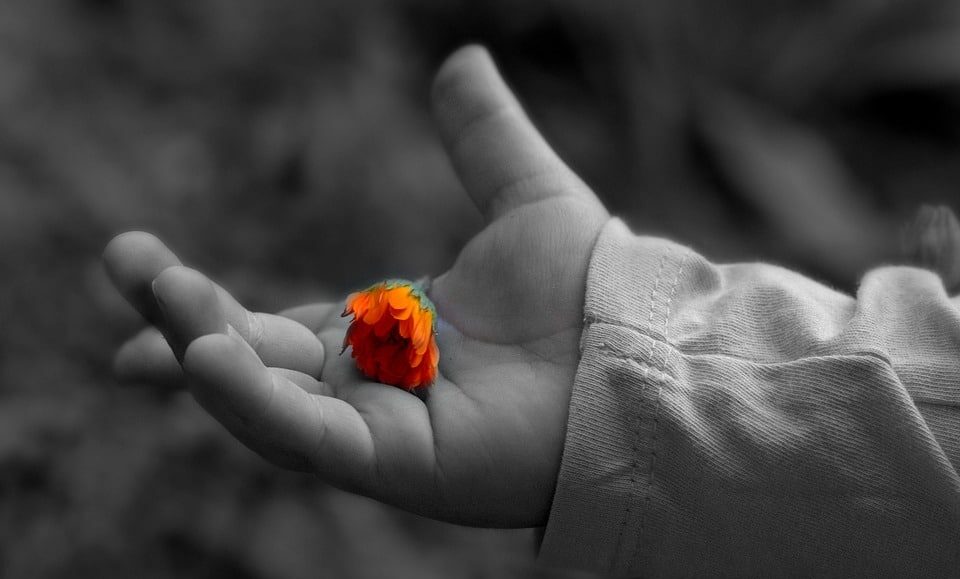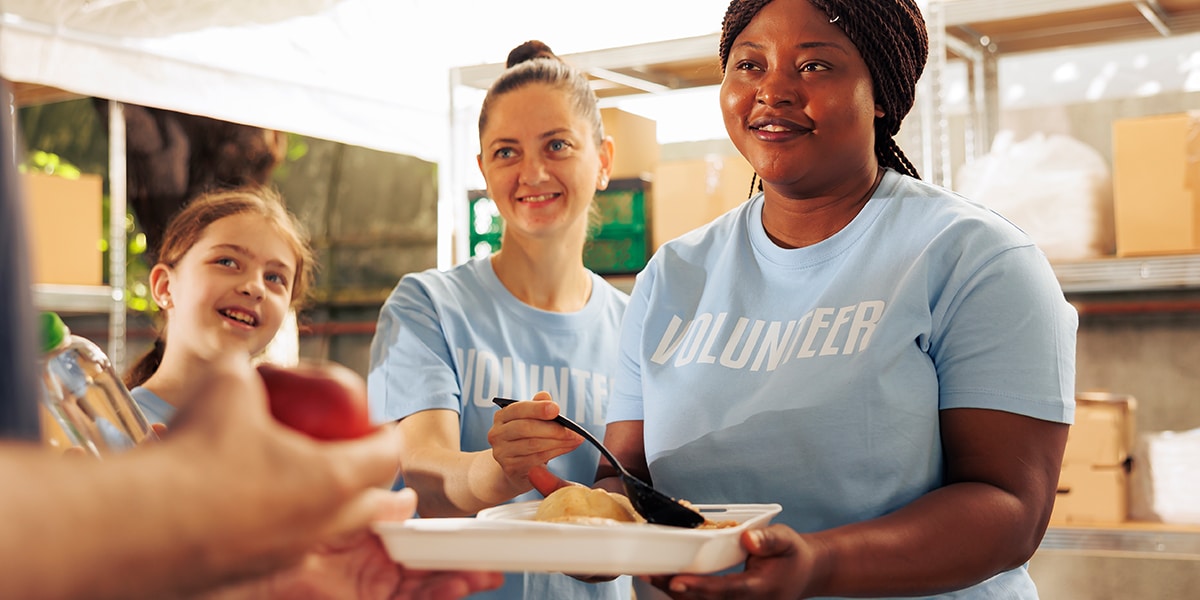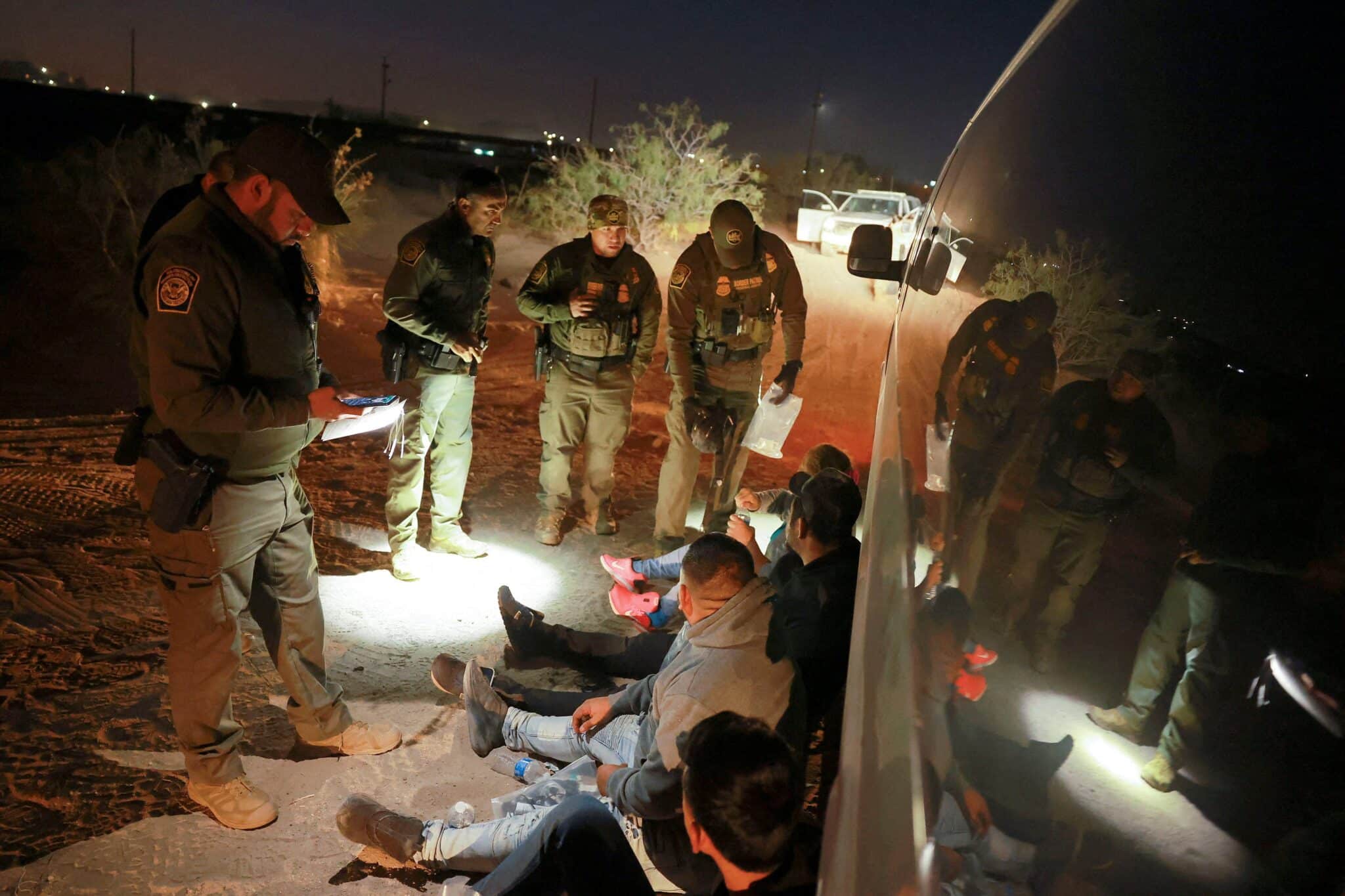In the church of my youth, I was weaned with an aptitude for intolerance. We knew exactly whom God didn’t care for. Who was on the outside looking in. And we made no bones about naming names. We shunned people. We damned them to hell. When I grew up, I knew in my heart it wasn’t right, but I confess that under the guise of walking the fine line, I stayed silent too long. I cannot do that anymore. I know what fear can do. And I don’t want to live that way. I don’t regret any choices I have made, but I do regret the things I didn’t do. When I chose not to speak out, I was wrong, because I read the faces of the crowd to see what placates.
St. Francis is helpful here. Simply, Francis was a heartfelt ally to everything and everyone around him. He began with this assumption, from man to beast, from the trees to the stones, from the sun to the moon to the changing seasons; each is kindred spirit. As kindred spirits, he believed that mankind would naturally be drawn to honor acts out of love and respect, rather than anger, exclusion and supremacy.
What I am learning is this: Perhaps the very people I exclude, the ones who carry the light—who carry the candle—are the ones that invite me to savor the moment and live in the present. They will allow me to see the Grace of God. And the expansive reach of God’s acceptance.
To every single one of us. Whether I like it or not, it seems that the kingdom of God will be radically and scandalously inclusive.
Think of that. God loves broken people and people who have been marginalized and downtrodden and who don’t fit into boxes. God loves infidels, idiots, the shunned and the heathen. Now that is one radical hospitality. That is truly a Church of the Exceptional.
This is good news: Grace cannot be confined or contained or constrained. We don’t dole it out to the deserving. We spill it…to anyone and everyone. And one lit candle makes a difference. I will choose to live wholeheartedly from the Gospel of Grace for all, which may mean leaning into untidiness and discomfort, and a willingness to be honest about what makes it uncomfortable for me.
So how then shall we live? This is important. Not, how then shall we react? That’s different altogether. Sputtering and muttering and harrumphing never wears well.
Back to the Church of the Exceptional: the woman is my teacher. In persistence we choose steady, daily acts of gentleness and kindness and inclusion and healing. One foot in front of another. It’s not just about belief. Heroes live the sacrament of the present. Heroes are ordinary souls who carry the weight of ordinary life. And heroism is born in every act of kindness and compassion and inclusion, no matter how small.
Because in a world cynical and afraid, it takes courage to be kind and generous of spirit, and to fight for mercy and justice. Today, time in the garden. The garden detoxifies me. We are still not free from a possible winter freeze, but the signs of new life everywhere make me grin and giggle. And Lord, that does my heart good.
So, in the meantime, look around your house, your yard, your office. What are the messages our culture gives us about the necessity of a tidy life? What are we told about untidiness? Or disarray? And why do we seem to put a moral price tag on it? As in…once you tidy up or straighten out or get mended, you can start living your life.








